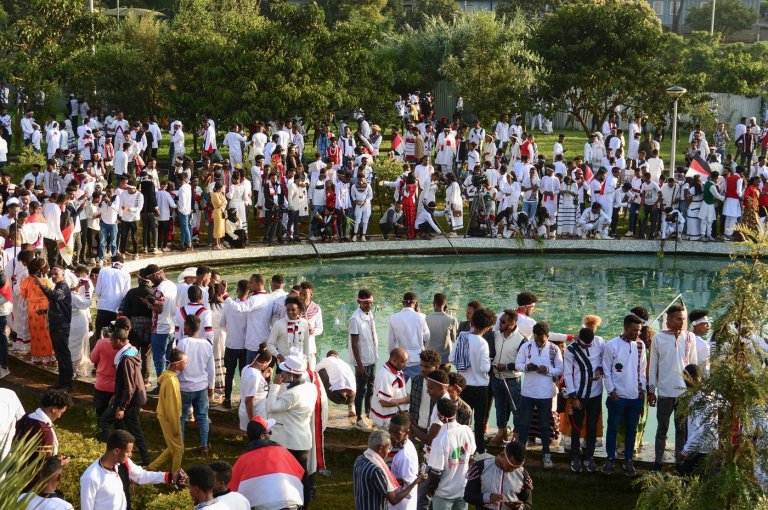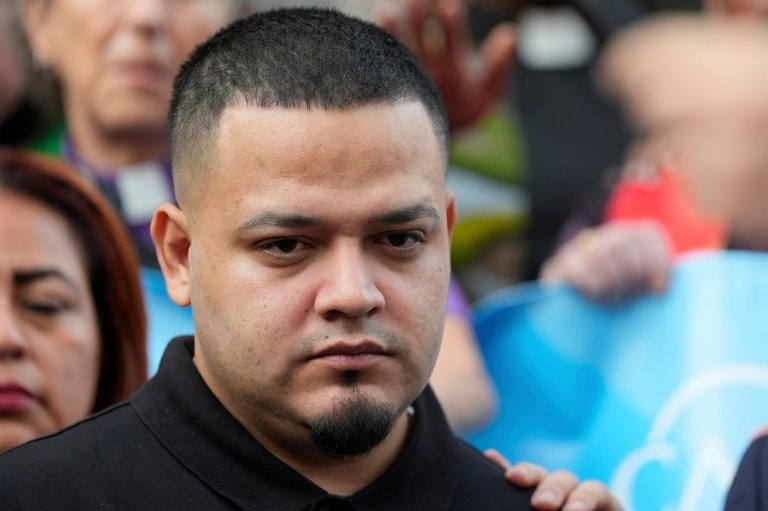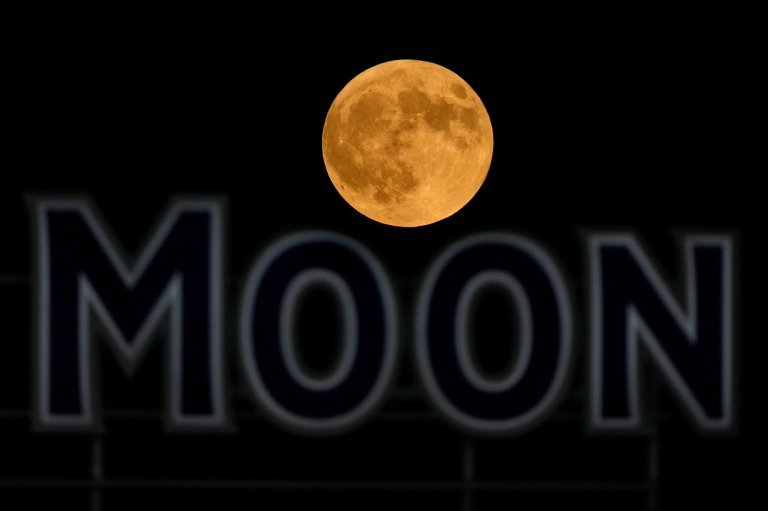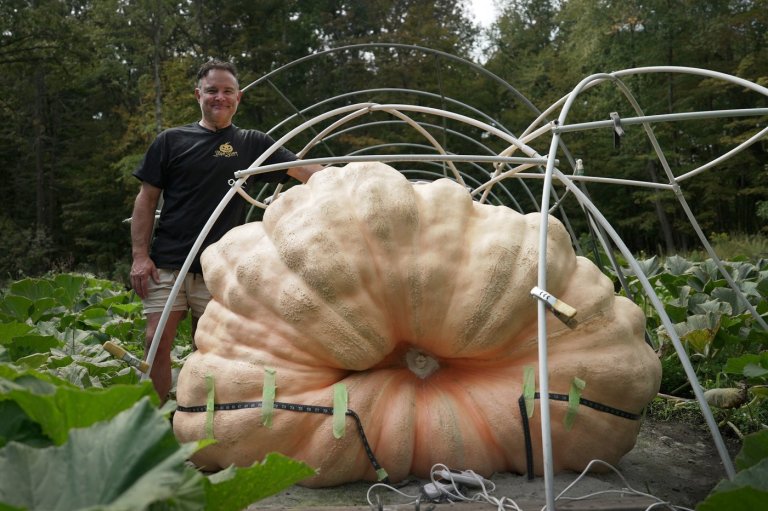
Spain rejects NATO’s anticipated defense spending increase as ‘unreasonable’
MADRID (AP) — Spain has rejected a NATO proposal to spend 5% of GDP on defense needs that’s due to be announced next week, calling it “unreasonable.”
In a letter sent Thursday to NATO Secretary-General Mark Rutte, Spanish Prime Minister Pedro Sánchez said that Spain “cannot commit to a specific spending target in terms of GDP” at next week’s NATO summit in The Hague.
Most U.S. allies at NATO are on track to endorse U.S. President Donald Trump’s demand that they invest 5% of gross domestic product on their defense and military needs. In early June, Sweden and the Netherlands said that they aim to meet the new target.
A NATO official on Thursday said discussions between allies on a new defense spending plan were ongoing.
“For Spain, committing to a 5% target would not only be unreasonable, but also counterproductive, as it would move Spain away from optimal spending and it would hinder the EU’s ongoing efforts to strengthen its security and defense ecosystem,” Sánchez wrote in the letter seen by The Associated Press.
Spain was the lowest spender in the 32-nation military alliance last year, directing less than 2% of its GDP on defense expenditure.
In April, Sánchez said the government would raise defense spending by 10.5 billion euros ($12 billion) in 2025 to reach NATO’s previous target of 2% of GDP.
Sánchez asked for “a more flexible formula” in relation to a new spending target — that either made it optional or left Spain out from its application.
NATO allies agreed to spend 2% of GDP on military expenditure after Russia launched its full-scale invasion of Ukraine on Feb. 24, 2022. But the alliance’s plans for defending Europe and North America against a Russian attack require investments of at least 3%.
The aim now is to raise the bar to 3.5% for core defense spending on tanks, warplanes, air defense, missiles and hiring extra troops. A further 1.5% would be spent on things like roads, bridges, ports and airfields so armies can deploy more quickly, as well as preparing societies for possible attack.
Rutte had been due to table a new proposal on Friday aimed at satisfying Spain. European allies and Canada are keen to finalize the spending pledge before the summit, and not leave it open for any heated debate that might drag the meeting out.
Poland and the Baltic countries — Estonia, Latvia and Lithuania — have already publicly committed to 5%, and Rutte has said that most allies were ready to endorse the goal.
A big question still to be answered is what time-frame countries will get to reach the new spending goals.
A target date of 2032 was initially floated, but Rutte has said that Russia could be ready to launch an attack on NATO territory by 2030.
___
Associated Press writer Lorne Cook in Brussels contributed to this report.
Join the Conversation!
Want to share your thoughts, add context, or connect with others in your community?
You must be logged in to post a comment.


















